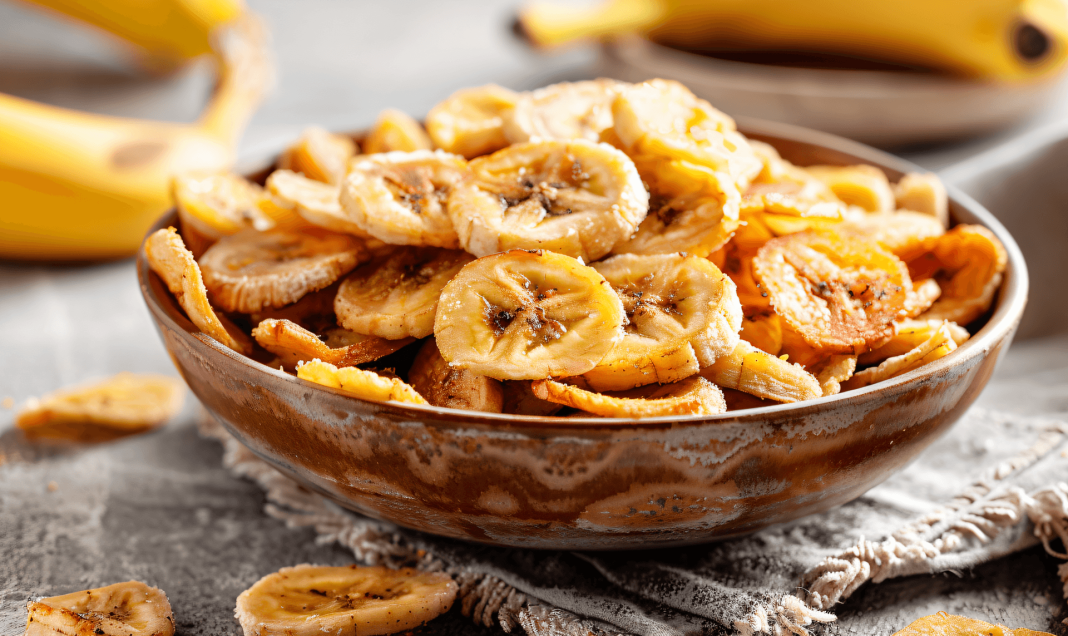The content of this article is provided by Pioneer Bird Blood Sugar Management Software! It helps you record health indicators such as blood sugar and blood pressure, offers free tasting of sugar-free foods, and provides customized diet and exercise plans to accompany you in managing your blood sugar.
As a diabetes patient, I deeply understand the importance of controlling blood sugar. When I was first diagnosed with diabetes, I knew nothing about dietary adjustments until I tried to stop eating rice and unexpectedly found a significant drop in my blood sugar levels. Today, I want to share my experience and explore why my blood sugar changed after stopping rice consumption.
First, let’s understand the impact of rice on blood sugar. Rice is one of the staple foods in our daily diet, especially white rice, which is primarily composed of carbohydrates. These carbohydrates quickly break down into glucose during digestion, entering the bloodstream and causing blood sugar levels to rise. For diabetes patients, rice has a high glycemic index (GI), meaning it causes blood sugar to rise rapidly.
Here are a few detailed explanations of the reasons for the drop in blood sugar after stopping rice:
Reducing carbohydrate intake
By not eating rice, I actually reduced my carbohydrate intake. Carbohydrates are the main source of blood sugar, so reducing intake naturally lowers blood sugar levels. I used to consume a large amount of rice daily, but later switched to a diet focused on vegetables and protein, and my blood sugar levels were significantly controlled.
Improving food combinations
During my days without rice, I began to pay more attention to food combinations. I learned how to pair high-fiber foods like vegetables, whole grains, and legumes, which can slow down digestion and lower the overall glycemic index of meals. This combination helps maintain stable blood sugar levels and reduces fluctuations.
Increasing insulin sensitivity
Reducing the intake of high-carbohydrate foods like rice helps alleviate the burden on pancreatic cells and improves insulin sensitivity. When insulin sensitivity is enhanced, the body’s ability to regulate blood sugar increases; even with the same amount of carbohydrate intake, the rate of blood sugar rise slows down.
Controlling total calorie intake
Not eating rice also means a reduction in my total calorie intake. Weight management is a crucial aspect of diabetes treatment, and losing weight can increase the body’s sensitivity to insulin, which helps reduce blood sugar.
Here are some of my practical experiences:
Substitute choices: I no longer eat white rice; instead, I choose whole grains with a lower glycemic index, such as brown rice and oats. These foods are high in fiber, which helps control blood sugar.
Quantified diet: I learned to eat in controlled portions; even healthy foods should have their intake managed. This can avoid excessive blood sugar spikes.
Regular monitoring: I regularly monitor my blood sugar levels to understand the impact of different foods on my blood sugar, allowing me to adjust my diet plan accordingly.
However, not eating rice does not mean completely giving up carbohydrates. Carbohydrates are essential nutrients for the body, and it is necessary to consume them in moderation. Here are some suggestions:
Choose low GI foods: Opt for foods with a low glycemic index, such as whole grains, legumes, and vegetables, which release sugars slowly and prevent a sharp rise in blood sugar.
Balanced diet: Ensure your diet includes enough protein, fats, and fiber, as these nutrients help slow down food digestion and absorption, reducing blood sugar peaks.
Individualized diet: Everyone’s body condition is different, and responses to food can vary. It is advisable to develop a personalized diet plan under the guidance of a professional nutritionist.
In summary, the reasons for the drop in blood sugar after stopping rice are primarily due to reduced carbohydrate intake, improved food combinations, increased insulin sensitivity, and controlled total calorie intake. However, diabetes patients should follow the principle of a balanced diet, consume carbohydrates in moderation, and develop a suitable diet plan with professional guidance. Through reasonable dietary adjustments, we diabetes patients can also enjoy a healthy life.


